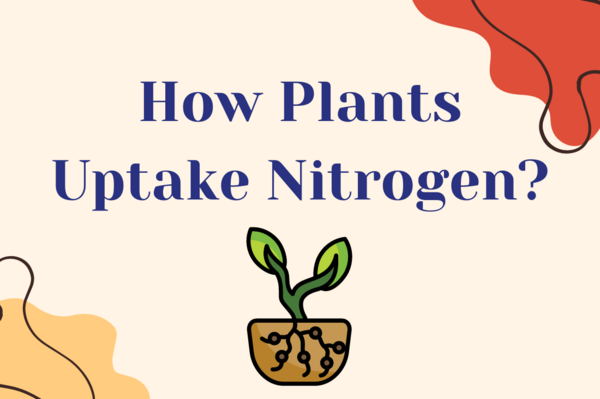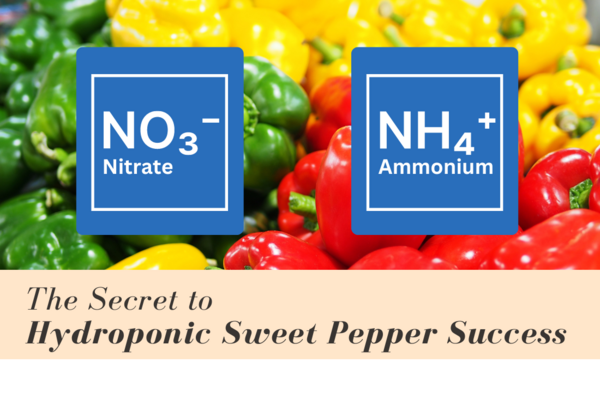Nitrogen is often called the "building block of life," and for good reason. In agriculture, its significance is paramount. Adequate nitrogen nutrition is crucial for optimal crop growth, development, and yield. Let's delve into the multifaceted roles of nitrogen in crop production, utilizing the latest research and insights.
Nitrogen's Key Functions in Plants
Chlorophyll Synthesis
Chlorophyll, the pigment responsible for the green hue of plants, is the key player in photosynthesis, the process where plants convert sunlight into chemical energy. Nitrogen forms an integral part of the chlorophyll molecule, making it essential for capturing light energy and driving the synthesis of carbohydrates, the primary energy source for plant growth. Insufficient nitrogen supply hampers chlorophyll production, leading to pale or yellowing leaves, reduced photosynthetic activity, and ultimately, stunted growth.
Protein Production
Proteins constitute the structural and functional foundation of plant cells. Enzymes, hormones, and many other vital molecules are proteins. Nitrogen is a fundamental component of amino acids, the building blocks of proteins. Adequate nitrogen availability ensures robust protein synthesis, enabling the formation of healthy cell walls, efficient metabolic processes, and vigorous growth. Nitrogen deficiency manifests as reduced protein content, impacting various aspects of plant development, including cell division, tissue formation, and overall plant stature.
Nucleic Acid Formation
DNA and RNA, the carriers of genetic information, are pivotal for plant growth and reproduction. These nucleic acids are composed of nitrogenous bases, highlighting nitrogen's crucial role in their synthesis. Sufficient nitrogen supply supports healthy cell division and growth, ensuring the faithful transmission of genetic material from one generation to the next. Nitrogen deficiency can disrupt DNA and RNA synthesis, affecting cell division, seed development, and overall plant health.
Energy Transfer
ATP (adenosine triphosphate) is the primary energy currency of cells, fueling various metabolic processes. Nitrogen is an essential component of ATP, enabling energy transfer and utilization within plant cells. Adequate nitrogen availability supports optimal energy metabolism, driving photosynthesis, respiration, nutrient uptake, and other vital functions. Nitrogen deficiency can disrupt energy flow, impeding growth and limiting crop productivity.
Impact on Plant Growth and Development Stages
Seed Germination and Early Growth
Nitrogen is crucial for mobilizing stored nutrients in seeds, providing the initial energy boost for germination and early seedling development. Adequate nitrogen supply during this stage ensures robust root growth and establishment, setting the stage for future plant vigor.
Vegetative Growth
During this phase, plants prioritize the development of stems, leaves, and branches. Nitrogen fuels the synthesis of chlorophyll, proteins, and nucleic acids, promoting rapid cell division and expansion. Ample nitrogen availability leads to lush, green foliage, increased biomass production, and optimal canopy development.
Reproductive Growth
Nitrogen plays a pivotal role in flower initiation, pollination, and seed development. Sufficient nitrogen supply ensures adequate pollen production, successful fertilization, and the formation of healthy seeds and fruits. Nitrogen deficiency during this stage can result in reduced flower and fruit set, impacting yield and quality.
Maturity and Senescence
As plants approach maturity, nitrogen remobilization from older leaves to developing seeds and fruits becomes crucial. Adequate nitrogen reserves ensure proper grain filling and fruit development, maximizing yield potential. Nitrogen deficiency during this stage can lead to premature senescence, reduced seed size, and lower overall productivity.
Signs of Nitrogen Deficiency
- Stunted Growth: One of the primary indicators of nitrogen deficiency is restricted plant growth. Plants may appear smaller, with shorter stems and reduced leaf area compared to healthy counterparts.
- Chlorosis: Nitrogen deficiency disrupts chlorophyll synthesis, causing leaves to turn pale green or yellow. This chlorosis often starts in older leaves and progresses towards younger ones as the deficiency worsens.
- Premature Senescence: Insufficient nitrogen supply can accelerate leaf senescence, leading to early yellowing and death of older leaves. Plants may exhibit a sparse canopy with fewer active leaves, impacting photosynthesis and overall plant health.
- Reduced Tiller and Branch Development: Nitrogen deficiency can limit the development of tillers in cereal crops and branches in other plants. This reduction in branching affects the plant's overall structure and can result in lower yields.
- Lower Yields and Quality: Ultimately, nitrogen deficiency impacts crop productivity and quality. Insufficient nitrogen availability can lead to reduced grain filling, smaller fruit size, lower protein content, and decreased overall yield potential.



